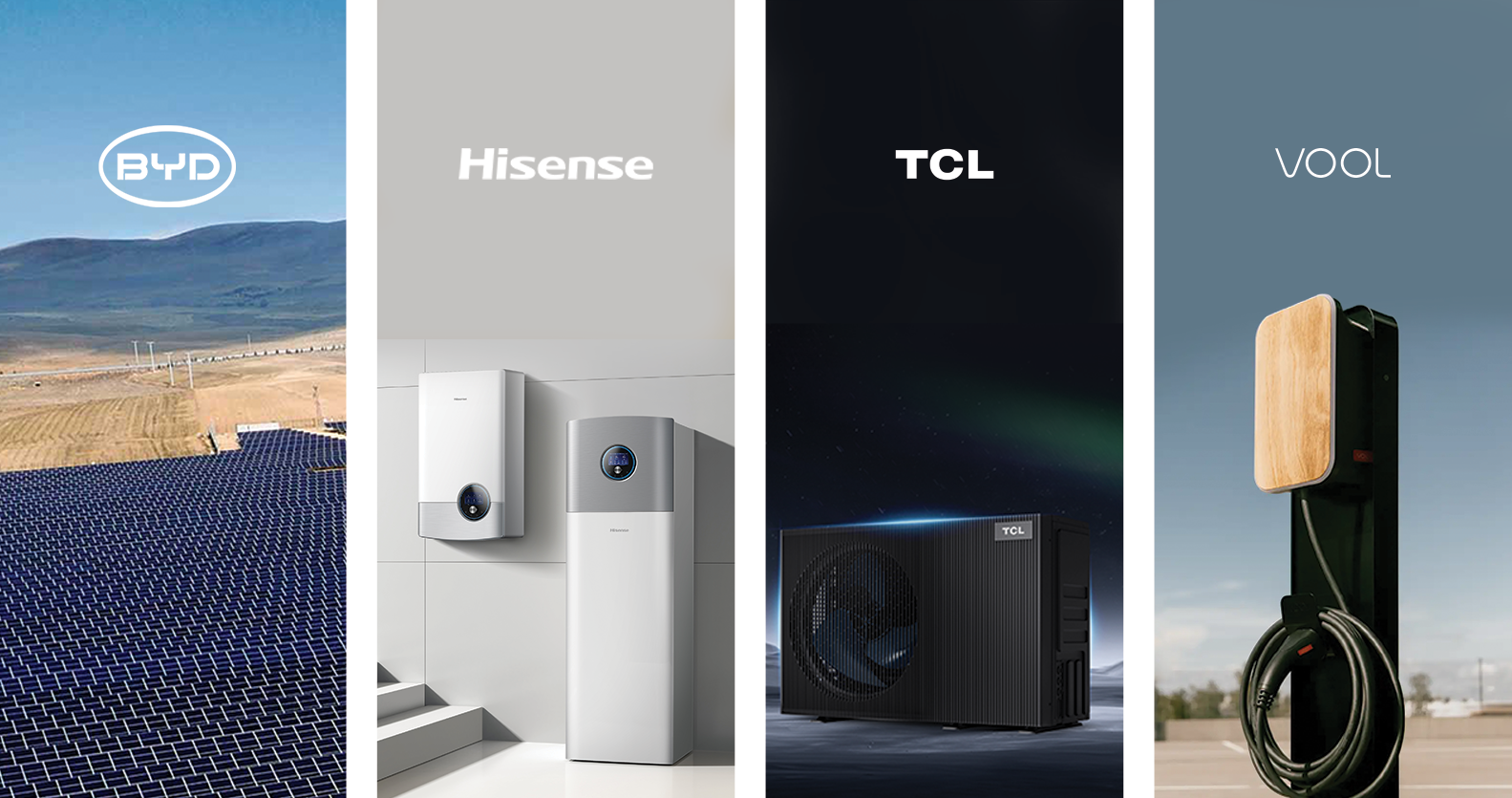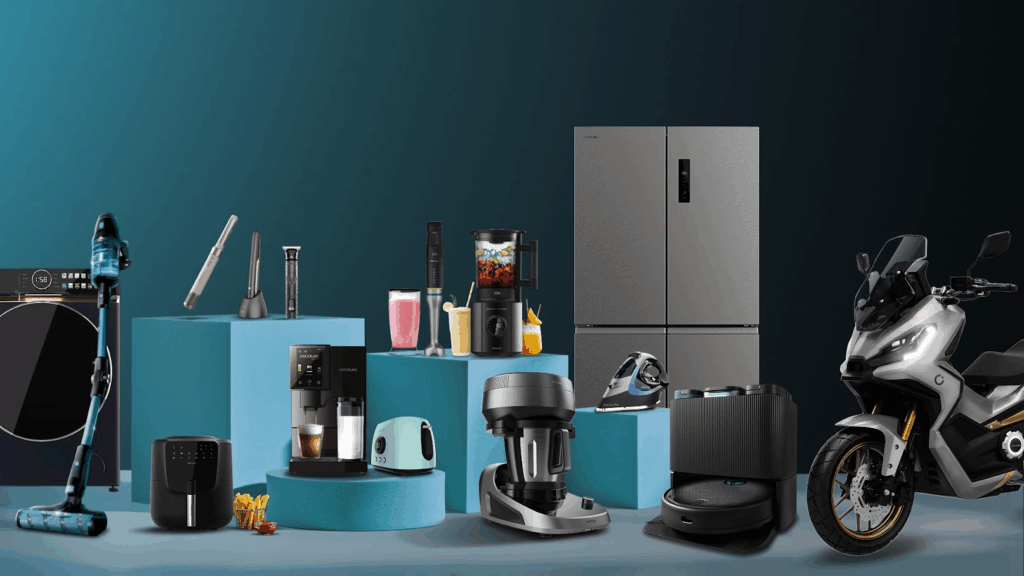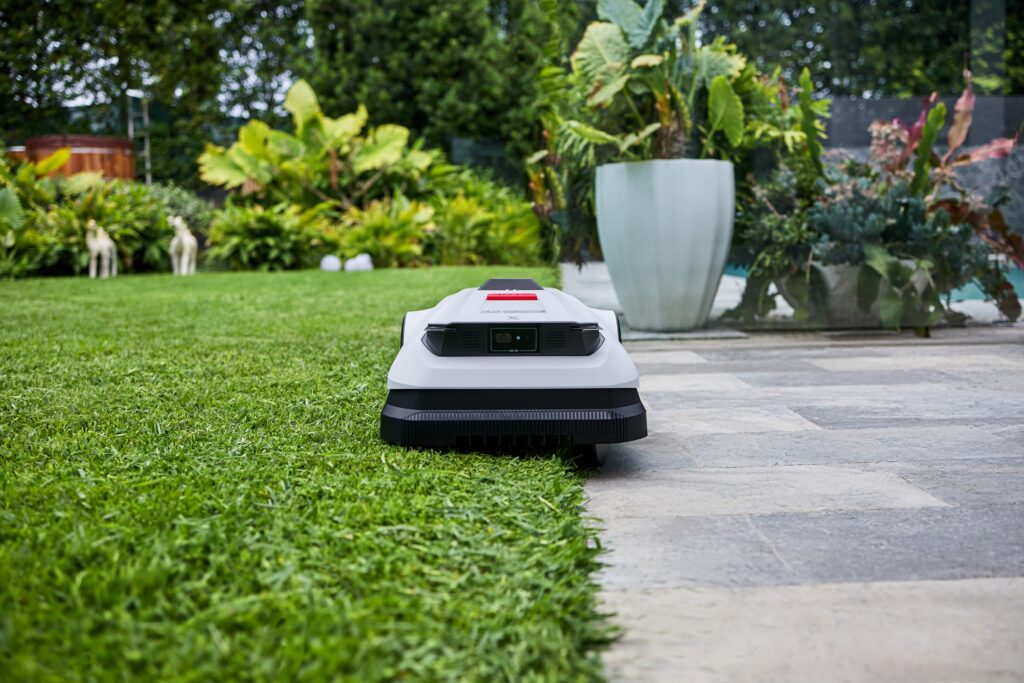- News
- November 19, 2024
ACC Distribution strengthens its position in the renewable energy market

The renewable energy sector in the Baltic States has experienced rapid growth in recent years. A good example is the record for electricity generated by solar power plants in Lithuania in August this year. Now it is the country’s main source of electricity, accounting for as much as 21.3% of total demand. Martynas Pukinskas, Head of Green Energy business unit at ACC Distribution, also notes that renewable energy is becoming an increasingly important part of Lithuania’s energy system. Although the company has long been known for its wide range of smart technology products, it is currently focusing on bringing innovative solutions and future trends in the energy sector to the Baltic markets. “With the goal to continuously expand our range of renewable energy solutions, this year we have added world-renowned manufacturers such as BYD, TCL, Hisense and Vool” notes M. Pukinskas.
Energy storage provides stability for consumers
The development of solar energy is driven both by the state’s desire to reduce dependence on fossil fuels and by consumers. According to Mr. Pukinskas, by choosing modern installations, consumers not only want to reduce their ecological footprint, but also to become independent from energy suppliers. In Lithuania alone, 517 MW of solar power plants were installed in 2023, of which about 80% were business sector parks. “While it may seem that business is paying more attention to renewable energy, in reality private consumers are very active. If we do not look at the capacity of the power plants but count how many companies and how many households have installed solar panels, the number of private consumers is higher,” says Mr. Pukinskas about the activity of the population in strengthening the renewable energy sector.
One of the biggest challenges for solar PV users is to use the energy generated when it is needed most. Solar energy is generated during the day, but the demand for energy in the home increases most in the evening. Since people are increasingly self-generating their own energy and want to use it as efficiently as possible, ACC Distribution has added products from BYD, experts in battery and energy storage technology, to its product range.
“Batteries not only allow consumers to store an excess of energy during the day and use it later, but also create the opportunity to store energy when the price is lower and use it when the price rises. We also saw much more consumer interest in energy storage solutions when major storms hit Lithuania and left parts of the population without electricity for long periods. Such cases only encourage consumers to build up their electricity reserves,” says the green energy expert. He said BYD devices were chosen because they are easy to install at residential buildings, with a choice of different battery modules ranging from 4 to 65 kWh. There is no need to install a high-powered energy storage system at the start, as an additional battery can easily be added if needed.
“I am also convinced that such solutions are becoming very important as we approach 2025, when the Baltic countries are scheduled to disconnect from BREL (Baltic-Russian Energy Ring). Once disconnected from this energy network, it will be necessary to ensure stable electricity supply and grid reliability, which makes energy storage solutions even more important,” said M. Pukinskas.
Global trends – development of integrated systems
As the renewable energy market grows, not only solar panels but also heat pumps are becoming more popular. “It is not the first year that we have seen the popularity of heat pumps grow both in Lithuania and in the other Baltic countries. This is mainly due to the efficiency and sustainability of these devices. Heat pumps use ambient energy (from the air, water or ground), so they are not only cost-effective but also environmentally friendly. However, in recent years, we have noticed that there is a global trend towards combining them into a single system to ensure the most efficient operation,” says the expert about the new developments in the market.
“The manufacturers we represent, TCL and Hisense, offer a new generation of air-to-water heat pumps that not only heat buildings efficiently, but can also be easily integrated with other equipment. For example, TCL’s range also includes solar power plants, which are very easy to integrate into the overall home energy ecosystem. It is also important for us that TCL has its own smart app that uses artificial intelligence to track electricity consumption and market prices and, in such way, can select the most efficient settings for the devices. Such solutions help to save electricity consumption and therefore money. Hisense is also currently developing an app, which we are testing and giving suggestions on how to create the most value for its future users. It encourages that manufacturers do not close themselves off in laboratories and factories, but ask for feedback from consumers, listen to their needs and observe how systems perform under different conditions. For example, we recently tested the equipment in a newly built house together with TCL technicians. In this case, the expectations of customers in a specific location, in this case the Baltic States, and the local climate conditions are considered,” says M. Pukinskas about the continuous improvement of products.
The Head of Green Energy is convinced that only through continuous improvements can manufactures remain competitive and attractive to customers. “The energy sector is one of the fastest changing sectors, as the demand for energy is constantly increasing. 5 years ago, solar power plants used to have a capacity of 300 watts, but now we are already using panels of over 700 watts. Heat pumps are shrinking in size, becoming lighter, cheaper, more efficient and incorporating water boilers, so we must keep up with these changes,” he believes.
Innovative options for charging stations for electric vehicles
As the electric vehicle industry continues to move forward at a rapid pace, the need for an extensive, efficient and widely accessible network of charging stations is becoming increasingly important. An important aspect of this network is to adapt the infrastructure to the needs of both individual consumers and businesses.
“Seeing that the field of charging stations for electric vehicles in Lithuania has been lacking change for some time, we decided to introduce Estonian Vool charging stations to the market. We found it important that these manufacturers are not only technically innovative and have a modern design, but also consider the real-life situations experienced by consumers. Above all, they ensure a very simple installation, thus avoiding mistakes during installation. The station can also be operated wirelessly, so there is no need to run an additional cable for data transmission. This is particularly important for owners of electric vehicles whose housing infrastructure is already in place and the introduction of a new cable would cause inconvenience, for example, in underground car parks in apartment blocks,” says M. Pukinskas.
He also notes that apps for charging stations are getting smarter. “In this age of technology, smart apps are becoming more than just a nice addition to the device, they are a key attribute. With the Vool smart app, it is possible to monitor statistics on the charging of different cars, which is a very important feature if the charging station is in a block of flats or in a multi-business car park. The app also tracks market electricity prices and can choose the most cost-effective charging time. Interestingly, once you have installed a Vool charging station, you can rent it out to other EV owners via the app to generate additional income,” says ACC Distribution’s representative.
“I am confident that soon all devices, from charging stations for electric cars to renewable energy plants, will be operating in one smart system that will deliver efficiency through exceptionally large databases and functionalities. And by partnering with manufacturers such as Vool, TCL, Hisense and BYD, the ACC Distribution team aims to ensure that consumers have access to the latest and most efficient solutions. This is why we follow global trends, participate in international exhibitions, and invest in the latest solutions to help create a modern home ecosystem based on renewable energy sources and efficient energy management solutions,” shares Mr. Pukinskas.
This year ACC Distribution is rapidly growing its renewable energy business and currently offers solutions from world-renowned manufacturers such as Sungrow, TrinaSolar, TrinaStorage, TrinaTrackers, BYD, Hisense, Gorenje, TCL, Vool, Wallbox and Huawei to the Baltic market. The green energy business is expected to achieve sales of more than €30 million in the Baltic States this year.



